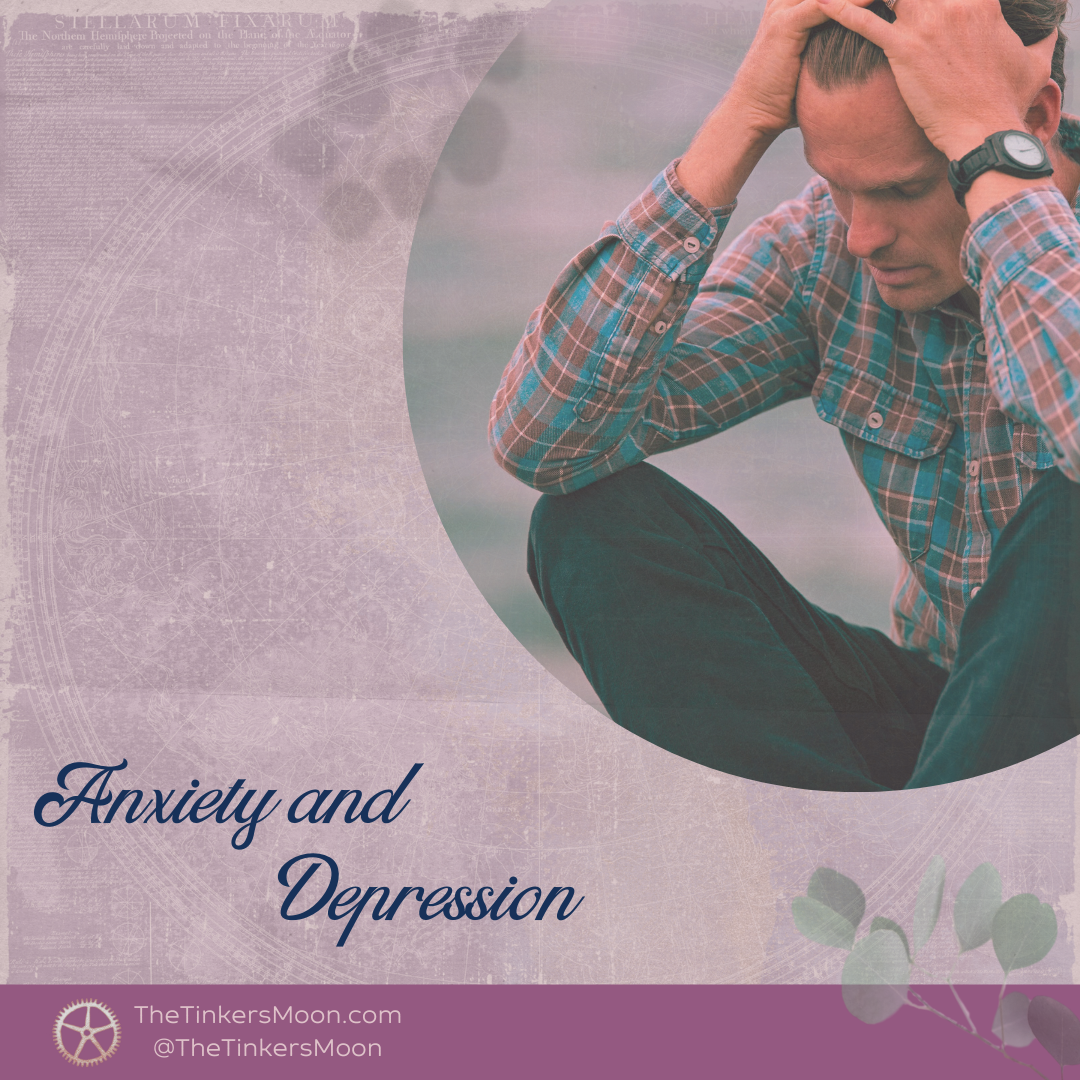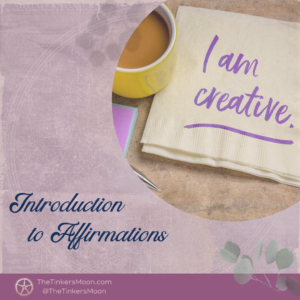
Anxiety and Depression
Characterized by a constant overwhelming state of fear or worry, anxiety can be debilitating in its physical manifestations too. The symptoms of depression may be similar to unrelenting feelings of sadness or despair.
It’s perfectly normal to feel anxious or depressed occasionally, especially in response to life’s stressors. However, when these feelings become prolonged, disproportionate, or apparent for no significant reason, they need to be addressed.
Thankfully, diagnosis and treatment methods have come a long way, with many public health campaigns working towards bringing mental illness ‘out of the shadows’.
The co-occurrence of anxiety and depression is a noted feature of these disorders. While behavioral and emotional symptoms may differ between the two, they are both unnatural and unwelcome states of mental health.
The exact cause is still unclear. Changes in brain chemistry, genetic factors, and hormone function are all believed to play a role. Regardless of the cause, mental illness requires and generally responds to, professional treatment.
Best Methods of Treating Anxiety and Depression
Our understanding of mental illness has evolved, yet still presents certain difficulties. Diagnostically speaking, depression and anxiety primarily affect the way an individual thinks and feels, and in most cases, subsequently behaves. We, therefore, generally rely upon patients to identify these changes in themselves and seek help.
In some cases, family members or close friends may be able to identify vulnerable individuals and provide assistance in obtaining help. Once diagnosed, however, treatment can be quite successful using a variety of approaches. The most common of which are psychological therapies or ‘talk therapies’.
Such therapies are generally administered by a qualified psychologist and involve either behavior modification (Cognitive Behavior Therapy or CBT) or examination of intrapersonal and interpersonal patterns and behaviors.
Generally, work will be done to identify and address key triggers and ways of managing future events. Such therapies are often combined with a focus on improved nutrition and regular exercise, which can actively promote a healthier mental state.
Indeed, a safe and effective first step toward self-empowerment is to take control of one’s diet. The benefits are both psychological and physiological. Reduction, or elimination, of spikes caused by sugar-laden foods and stimulants (i.e., excess coffee, cigarettes, etc.), can often help to reduce the debilitating feelings associated with general anxiety.
Children and Adults Can be Affected
Young people and children are, unfortunately, just as vulnerable to mental illnesses such as anxiety and depression. While often harder to detect, once diagnosed, applied therapies specifically designed for children can usually assist the child in living a happier and more fulfilling childhood.
A happier childhood better prepares the child for dealing with the stresses of teen years and young adulthood. The healthy and safe transition of young adulthood enables the individual to prepare for and live a life feeling in control, empowered, and able to deal with everyday challenges.
Finally, and hopefully, after exploring other options, the use of antidepressant medication may be required. This depends on the severity of the illness and is most often used in conjunction with psychotherapies. Antidepressants can be very effective in some situations. As in any medical case, treatment is ideally specifically tailored to suit the individual, based on a thorough study of the personal history of symptoms, responses, and environment.
As with many imbalances, Emotion Code, Body Code, and other energy healing modalities can be a wonderful complement to traditional therapies. Feel free to reach out to me for more information.




